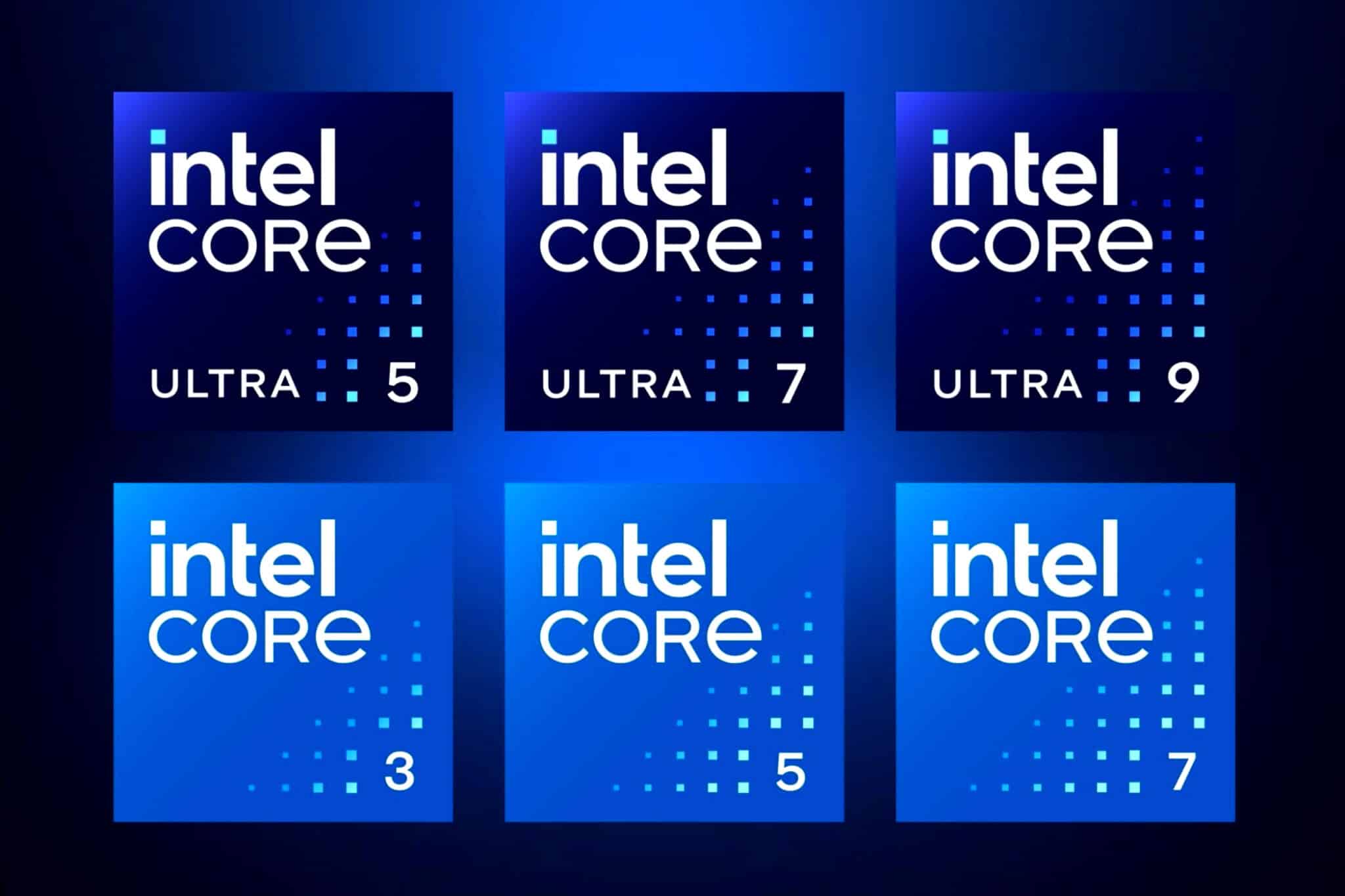Intel should present the processors on a smaller scale
There are new details about the upcoming market launch of the Intel Core Ultra 200. The release date as well as all important specs of the Arrow Lake series should be fixed.
In detail:Several sources such asBenchlifereport unanimously on the models in Intel’s CPU series called “Core Ultra 200”.
- According to these reports, the processors will be released on October 10, 2024.
- A total of fourteen CPU models are to be presented. In view of the canceled Intel Innovation Event, which actually takes place annually, the presentation is likely to take place on a smaller scale.
All specs at a glance:At the same time, the Benchlife report reveals a table with all the technical data of the Arrow Lake generation. The leaker jaykinh0 also reveals additional details about a possible integrated graphics unit onX/Twitter
Damn, I’m late.
Wanted to wait one more day for QS week. https://t.co/veLt4K0eb8 pic.twitter.com/YHbepLWkYY– Jaykihn (@jaykihn0) August 18, 2024
According to the leak, you can expect the following specifications from the upcoming Intel CPUs:
| Number of cores | Base clock in GHz (P / E) | Boost clock in GHz (P / E) | Graphics unit | TDP | |
|---|---|---|---|---|---|
| Core Ultra 9 285K | 8 P-cores + 16 E-cores | 3.7 / 3.2 | 5.4 / 4.6 | 64 Xe cores 2 GHz clock |
125 Watt |
| Core Ultra 9 285 | 8 P-cores 16 E-cores |
2.5 / 1.9 | 5.3 / 4.6 | 64 Xe cores 2 GHz clock |
65 Watt |
| Core Ultra 9 285T | 8 P-cores 16 E-cores |
1.4 / 1.2 | 4.7 / 4.5 | 64 Xe cores 2 GHz clock |
35 Watt |
| Core Ultra 7 265K | 8 P-cores 12 E-cores |
3.9 / 3.9 | 5.2 / 4.6 | 64 Xe cores 2 GHz clock |
125 Watt |
| Core Ultra 7 265KF | 8 P-cores 12 E-cores |
3.3 / 3.3 | 5.2 / 4.6 | – | 125 Watt |
| Core Ultra 7 265 | 8 P-cores 12 E-cores |
2.4 / 1.8 | 5.1 / 4.6 | 64 Xe cores 2 GHz clock |
65 Watt |
| Core Ultra 7 265F | 8 P-cores 12 E-cores |
1.5 / 1.2 | 4.6 / 4.5 | – | 35 Watt |
| Core Ultra 7 265T | 8 P-cores 12 E-cores |
2.4 / 1.8 | 5.0 / 4.5 | 64 Xe cores 2 GHz clock |
35 Watt |
| Core Ultra 5 245K | 6 P-cores 8 E-cores |
4.2 / 3.6 | 5.0 / 4.6 | 64 Xe cores 1.9 GHz clock |
125 Watt |
| Core Ultra 5 245KF | 6 P-cores 8 E-cores |
4.2 / 3.6 | 5.0 / 4.6 | – | 125 Watt |
| Core Ultra 5 245 | 6 P-cores 8 E-cores |
tba | tba | tba | 65 Watt |
| Core Ultra 5 235 | 6 P-cores 8 E-cores |
tba | tba | tba | 65 Watt |
| Core Ultra 5 225 | 6 P-cores 4 E-cores |
3.3 / 2.7 | 4.7 / 4.4 | 32 Xe cores 1.8 GHz clock |
65 Watt |
| Core Ultra 5 225F | 6 P-cores 4 E-cores |
3.3 / 2.7 | 4.7 / 4.4 | – | 65 Watt |
The boost clock of the Core Ultra 9 models can be increased by around 300 MHz with the “Thermal Velocity Boost” for a single P-core, as is customary for Intel. The only exception here is the Core Ultra 9 285T, which does not have TVB.
- There is a gradation for CPUs from Core Ultra 7 and higher: Here, two cores can be accelerated by 200 to 300 MHz with TBMT 3.0 (“Turbo Boost Max Technology”).
- All Arrow Lake processors have TBMT 2.0, which can boost one core by 100 to 200 MHz.
The TDP specifications are the “Processor Base Power” – i.e. the value that applies taking Intel’s factory settings into account.
However, according to jaykinh0, the peak figures can be significantly higher at up to 297 watts.
Why Core Ultra now? In December, Intelopened a new chapter with Core Ultra. At that time, the first CPUs for laptops appeared under this name. The main reason for this was the many changes that were made under the hood
With Ultra 200, the new naming scheme makes it to the desktop for the first time. The familiar naming scheme of the Core i series is mothballed for this purpose.


